Author: Elizabeth Maurer
Famous Faces of Fraud: Yellowstone Actress, Q’Orianka Kilcher
November 11, 2022This series focuses on celebrities and public figures who have either been charged with or convicted of insurance fraud in the U.S. Fraud is not a victimless crime and impacts us all. When people, or celebrities, decide to take advantage of or defraud insurance companies, the rest of us pay the price in the form of increased insurance premiums, that we have no choice but to pay if we want insurance coverage. Highlighting these notorious fraudsters will hopefully help to set an example for the rest of the opportunists who think taking advantage of undeserved benefits is worthwhile, the consequences of defrauding the system are real. These are the famous faces of fraud and their stories.
Author: Olivia Maxwell
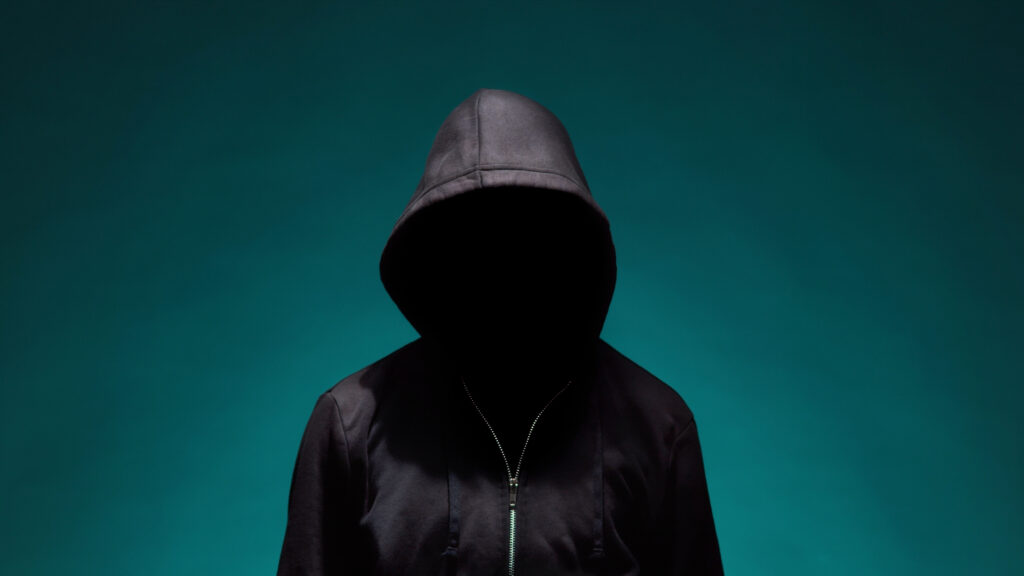
Q’Orianka Kilcher is an actress, singer, and activist, most famously known for her work in roles such as Pocahontas in the 2005 film, The New World, the title character, in the 2009 film, Princess Ka’iulani, and recently secured a recurring role as Angela Blue Thunder on the hugely popular Paramount Network show, Yellowstone.
While filming Dora and the Lost City of Gold in 2018, actress Kilcher allegedly injured her neck and right shoulder as a result of a car accident which occurred on the set. She obtained treatment for a short period of time and then stopped treatment, as well as stopped responding to the insurance company handling her claim on behalf of her employer. It wasn’t until a year later in 2019 when she attempted to obtain treatment again. It was at that time that Kilcher reportedly told her doctor she had been offered work, but had been unable to accept any of the work because her neck pain was too severe. It was that statement that enabled Kilcher to begin receiving temporary total disability benefits. Temporary total disability is described as a work-related injury or illness that renders an employee totally unable to temporarily return to their former position of employment.

Kilcher collected $96,838.00 in benefits from October 2019 through September 2021. However, she neglected to inform her doctor that just five days prior to the appointment at which the disability benefits were granted, she had been working on the set of Yellowstone. In fact, she had been consistently working on set from July 2019 to October 2019, which was verified based on wage information from her employer at that time. Her doctor, who had been unaware of this, stated that they would not have granted her these benefits had this information been brought forth.
In May of 2022, Kilcher, who is now aged 32, was charged with two felony counts of workers’ compensation insurance fraud after the California Department of Insurance found that Kilcher allegedly broke the law in collecting nearly $100,000.00 in disability benefits. Kilcher surrendered herself and was arraigned for the charges on May 27, 2022, where she pleaded not guilty to both felony charges.
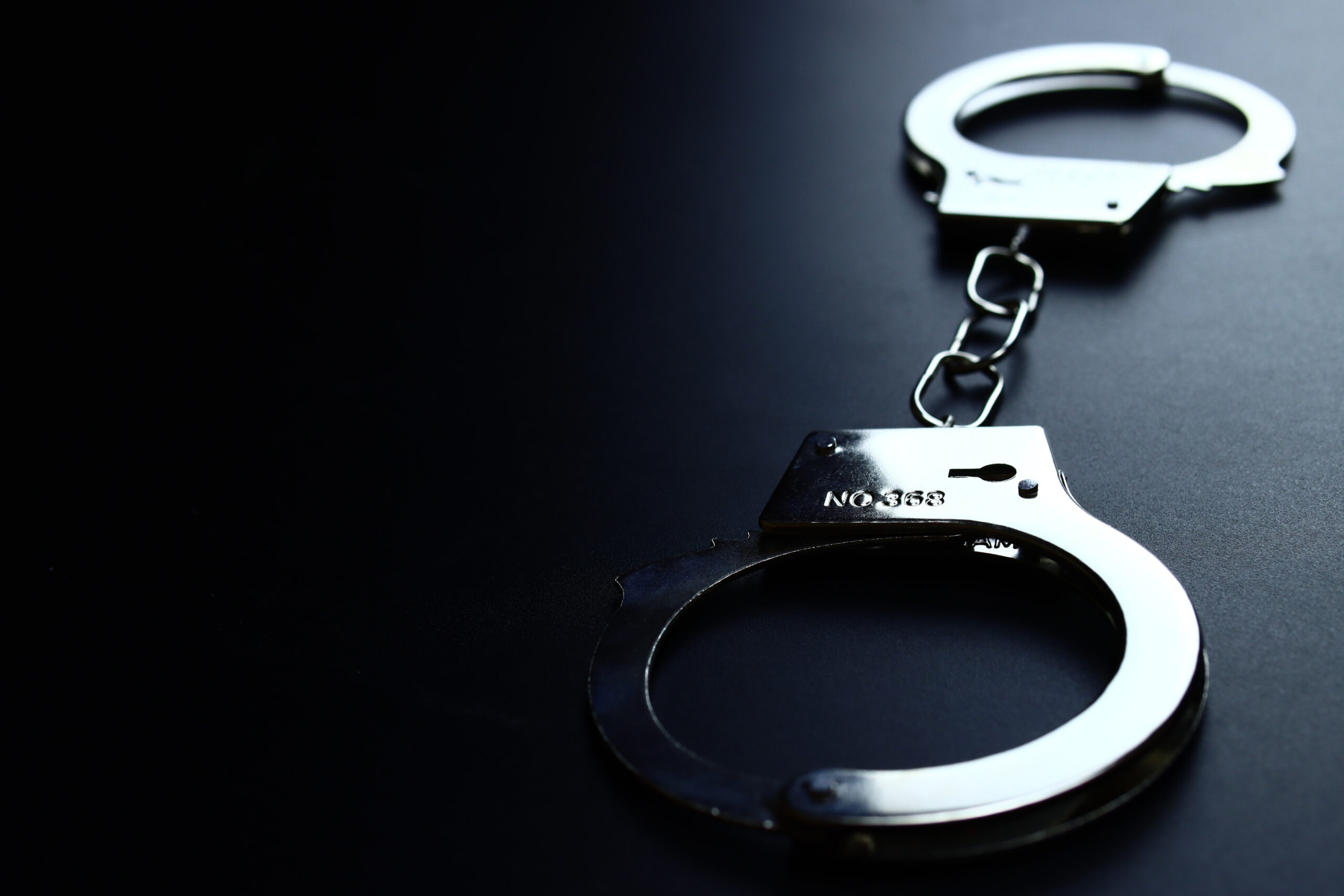
At a preliminary hearing held in September, Kilcher officially subbed in new attorneys, Steve Cook and, the viral lawyer from Johnny Depp and Amber Heard’s trial, Camille Vasquez. While Kilcher was not present, her attorneys did make comments to the media after the hearing, Cook stated, “I think Ms. Kilcher’s case sort of illustrates a number of the issues with the [disability] program,” and Camille followed that up with her statement, “I think it effects everyday people and I think that’s something that is important to highlight.”
Cook later states that, “the facts in this case are pretty clear, I just think that the District Attorney may not be aware of all of them.” The attorney’s both confirm that Yellowstone is still filming and that Kilcher is currently working.
From the media response, it appears that Kilcher is continuing to maintain her innocence. The overall picture that is painted by media articles is that Kilcher had no intent to defraud the system, and that she has, in fact, lost her ability to support her family by having to turn down acting roles due to her injury. Kilcher has also alleged that, because she is an indigenous woman of Quechua-Huachipaeri descent, most roles offered to her are representative of Indigenous People, and therefore are significantly physically active roles. She argues that her injury has caused her to be physically disabled by 10%, which has put her at a disadvantage for these types of roles.
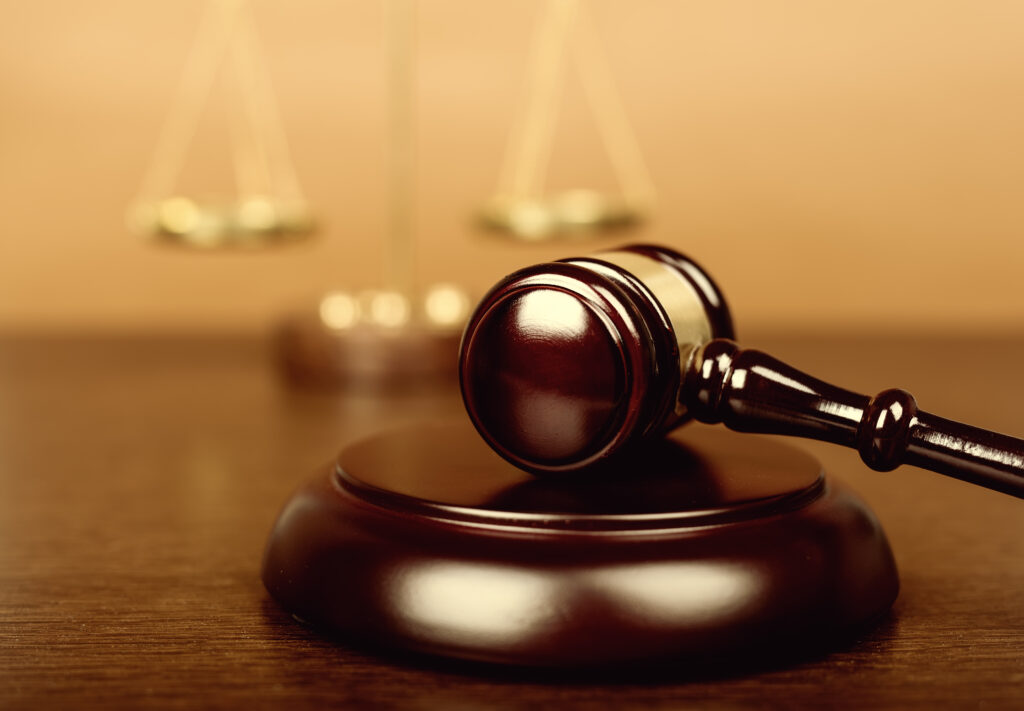
While all the facts and details of the case are not public knowledge at this time, the burden lies on the state to prove that Kilcher intended to defraud the system. Since the last update in September after the preliminary trial, there have been no further updates in the trial’s proceedings. It is difficult to know at this time whether the case will go to trial or if there will be a settlement outside of the courtroom.
Despite an unusual lack of public information available about the current status of the case, there has been plenty of media coverage regarding Kilcher’s professional career. It appears that the actress has had quite the busy year, despite her 10% disability. She most recently acted alongside Channing Tatum in the film, Dog, which was released earlier this year, and her role was confirmed in the new season of Yellowstone, which is expected to air this November. Kilcher has also reportedly been spending time over the past year focusing on her “passion project” – a feature film titled Yesteryear, in which she will star, as well as co-write and produce. The film is still currently in the production process according to IMDB.
At this point, and to our knowledge, Kilcher is still pending trial for her felony charges. If convicted, Kilcher could face up to five years in state prison and up to $100,000.00 in fines.
UPDATE: As of Friday, February 10, 2023 the fraud charges against Q’Orianka Kilcher were dropped. Very few details were provided regarding why charges were dropped, and it does not appear the case ever went to trial. The only significant information provided was that the Workers Compensation claims adjuster retroactively changed his conclusion regarding her ability to work. Therefore, they determined that fraud was not committed and advised the court they were unable to proceed. It is unclear if there was any type of determination made regarding the money that was paid out to Q’Orianka in benefits.
Fraud is difficult to prove, as there has to be intent to defraud the system, and it seems that Q’Orianka’s legal team did their job in creating enough doubt that there was any intent to defraud the system here. However, often times people can still unintentionally wrongfully collect benefits as they may not understand the laws, rules, etc. Also, when it comes to injuries, the status of injuries and a person’s ability to work can frequently change, so there is a lot of upkeep on these claims on both the person collecting disability and the claims adjusters handling the case.
This fraud case is officially closed, and appears that Ms. Kilcher maintains her innocence.
Injured At Home
September 16, 2022Are remote workers eligible for Workers’ Compensation?
Author: Olivia Maxwell

You are probably already aware that Workers’ Compensation is a government-mandated program that provides benefits to workers who become injured on the job, or as a result of the job. This program has expanded and evolved over thousands of years to suit various societal constructs, and it’s looking like it may need to be adapted once again. Working from home, while not an entirely new concept, has become much more predominant in our society since the beginning of the COVID-19 pandemic in 2020. When non-essential businesses were required to shut down, many made the switch to a work from home environment in order to safely maintain their operations. Fast forward to present day, and that work remote environment hasn’t changed for many Americans. In fact, a recent study suggests that 45% of people still work from home in some capacity, with approximately 15% of people working from home full-time, and the other 30% on a hybrid schedule.

The expansion of the work from home model has transformed the way people view and feel about work. For many, the idea of “work” is no longer associated with rush hour commutes or chats around the water cooler. Board rooms have been replaced by web cams, and the demand for business casual attire has declined while loungewear sales are at an all-time high.

There are certainly advantages to remote and hybrid positions, and many employees are reaping the benefits of greater flexibility and an improved work-life balance. But allowing employees to work from home is not without its challenges. Many employers struggle with concerns about productivity, access to software and technology, security issues, and employee safety.
The concept of employee safety in the remote environment is a new consideration for many businesses. The unfortunate reality is that work injuries can still occur, even at home, and workers compensation policies and regulations have been slow to adapt in response.
Can an injury that happens in someone’s home really be considered compensable? The answer is yes, but there are a lot of gray areas, and those gray areas create a wealth of opportunity for those who wish to abuse the system. The ability to claim workers’ compensation for injuries sustained from working from home can lead to an increase in false claims, and in turn, more fraud.

Consider this scenario: an employee, who spends most of her working time traveling to see customers, is at home putting some work materials in her vehicle before her next appointment. As she walks out her back door into the garage, she trips over her dog and falls, sustaining a wrist fracture. Is the injury compensable? The actual answer wasn’t so simple, as this exact situation was seen in the case of Sandberg v JC Penney Co Inc. The employer initially denied compensation to the claimant based on the idea that the employee was not exposed to the risk of tripping over her dog as a result of her employment, but from her home environment. However, when the claimant took the case to the court of appeals, the decision was remanded and reversed. The court ultimately ruled in favor of the claimant because the employer could have offered her an alternative space to store work supplies where safety was within their control. Instead, they willfully allowed the employee to keep supplies in her home garage, which is where the injury was sustained. This case is a prime example of how difficult it can be to account for the many liabilities of employees working from home, and the consequences of overlooking potential risks in the home environment.

For a variety of reasons, which are certainly not limited to the risks associated with allowing employees to work from home, some companies are finally attempting to shift back to in-office operations. Most recently, companies like Apple and Google have announced their return-to-office plans, and have received massive push-back from their employees in return. This push-back may motivate employees to falsify or embellish injuries and disabilities, suddenly claim they have a condition that requires accommodation, or simply decide to quit in order to avoid returning to the office setting. In any case, companies and insurers are preparing for a multitude of risks associated with bringing employees back to the office.
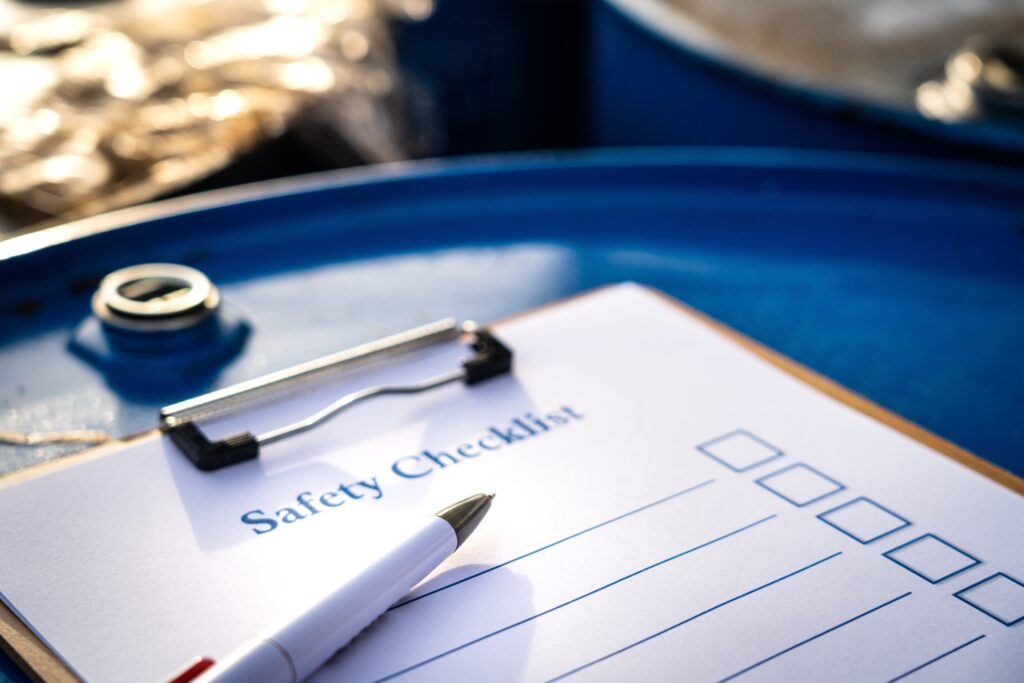
With the many gray areas and “what ifs” that work-from-home trends bring to the table for the Workers’ Compensation industry, employers and claims representatives will need to shift their strategies in response. Thankfully, our friends at The Hartford have put together a list of ways to protect employees as well as business owners as they prepare for home-based claims. One measure that employers can take is to require their work-from-home staff to complete a safety survey, or even inspect their home offices to ensure that they are using equipment that is properly designed and located in an area with adequate lighting and ventilation. It is recommended that the work environment is checked every six months, and that employers keep photos for their records. Another step that can be taken is to assign the employee a dedicated workspace within the home where they will complete their job duties. That way, the risk of an injury claim is limited to incidents that occur within that space. Most importantly, experts at The Hartford suggest that employers speak with their insurance companies to make sure that coverage extends to home workstations.

It’s important to stay ahead of the fraud curve by educating yourself about the emerging trends and risks. But being able to identify those red flags and questionable claims is only half the battle. These injuries will largely be unwitnessed, and therefore much more difficult to disprove. Having a reliable investigation agency that is willing to get creative while helping you validate a claim is essential when mitigating these new types of fraud. Consider asking your investigation company to conduct a scene investigation of the workspace or take a recorded statement to reconstruct the events that led to the injury. Surveillance can also be an effective means of determining the true extent of injuries claimed, and Facility Canvasses can be a useful tool for verifying if an employee’s condition is valid. Claimants are nothing if not crafty, but the right investigation company will always be one step ahead.
Desperate Times
August 11, 2022Insurance Fraud in an Economic Recession
Author: Olivia Maxwell

The past few years have undoubtedly challenged both industries and individuals in a variety of ways. But as many of us attempt to return to a sense of normalcy, there are some lasting changes that are just too difficult to ignore. Price increases, labor shortages, supply chain disruptions and geopolitical unrest have left many of us questioning if an economic recession is imminent.
According to the National Bureau of Economic Research, formally, we are not in a recession at this time. The indicators of a recession include quarterly Gross Domestic Product (GDP), unemployment rate, housing prices, stock prices, income level, and manufacturing industry health. To officially be in a recession, our nation must undergo deterioration for more than two consecutive quarters – deterioration that is measured based on the aforementioned indicators. Today’s economic conditions are setting off alarm bells for many Americans who experienced our most recent official recession, The Great Recession of 2007-2009. That all-too-familiar perfect storm is brewing, and the pressure is building as families figure out how to weather it.

That pressure is the first piece of what experts call the Fraud Triangle. Coined by Dr. Steve Albrecht, the Fraud Triangle theory is used to explain the reasoning behind an individual’s decision to commit fraud by resolving the “why” and the “how.” The framework of the Fraud Triangle involves three components: (1) a perceived pressure, usually due to financial stressors; (2) rationalization; and (3) an opportunity to actually carry out the fraud. We see those three elements more frequently during economic downturns and recessions as financial strain becomes more prevalent and people feel they are forced to take drastic measures to stay afloat. That first element, pressure, may present itself in the form of wanting to maintain one’s lifestyle despite inflation and rising costs of living. Wide-scale layoffs are also more common during recessions, and people will face pressures when paying bills. Regardless of the specific reason, pressure inevitably increases during recessions as people struggle to meet their basic needs.
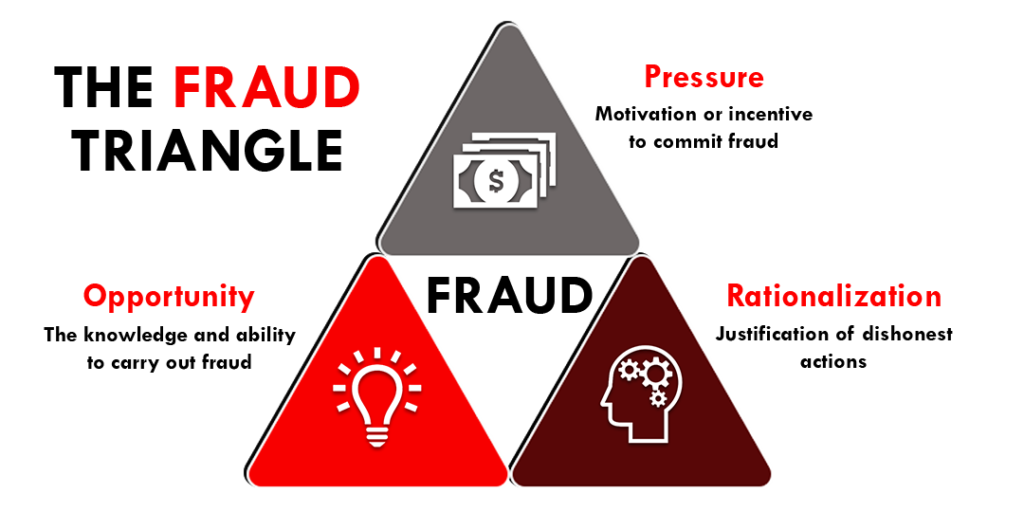
With the economic trajectory looking grim and pressure mounting, many will feel forced to seek out alternative sources of income to take care of themselves and their families. For some, those alternative sources may not be legitimate. Economist Gary Becker, a Nobel laureate, developed a theory that, in some cases, committing a crime was a rational decision – that a person would only commit a crime if the expected utility exceeded that of using his time and other resources in pursuit of alternative activities, such as leisure or legitimate work. Financial hardship causes more people to justify things that they may not normally do, such as abuse their insurance policies, exaggerate a claim, or fake a claim entirely for their own personal gain. This justification, or rationalization, is the next piece of our Fraud Triangle. People are more likely to rationalize their dishonest behavior if they feel they have no other choice. They may even feel that it “doesn’t hurt anyone” or that they are somehow entitled to a financial gain.

Along with the anticipated increase in fraudulent claims during a time of economic uncertainty, legitimate insurance claims are also likely to rise in response to financially-motivating crimes, such as theft. Now, more than ever, it is important for those in the insurance industry to stay vigilant. However, it is also in the realm of possibility that claims professionals will have to cut costs of their own during tough times, whether that is through downsizing, layoffs, or reducing investigation costs. This combination of more claims and fewer resources leads us to the third piece of our Fraud Triangle: opportunity. Frauds who have the knowledge and ability to carry out their insurance scams will now also have less oversight while claims professionals are spread thin.
Insurance crimes are not victimless crimes, and these actions are never justified. As investigators, we are well-equipped and prepared to help you get to the bottom of those questionable claims and determine when it’s time to engage the SIU. Through our SIU & Fraud Abatement Program, we can also educate you on how to identify red flags as well as those situations where the pressure, rationalization, and opportunity have turned an ordinary claimant into an overnight fraudster.

Hard times for some can mean desperate times for others. But a strong collaboration with your investigation agency will help you remain tough on fraud while we all navigate the uncertain economic future.
Man VS. Machine
July 21, 2022Is manned or unmanned surveillance better for your claim?
Author: Olivia Maxwell

The ultimate showdown between manned and unmanned surveillance
As technology evolves, so does the world around it. Machines and robots are slowly developing and taking over more and more jobs that were once specific to humans. Private investigating is not immune to these developments. We see surveillance systems almost anywhere we go, and many people even have these systems in and around their homes. As these unmanned surveillance systems become more common, it begs the question of whether real, live humans are even needed for surveillance anymore.
Fortunately, as a private investigation agency, we are not obsolete just yet. There are benefits to both options of manned and unmanned surveillance, and they both make up for what the other lacks. If you’re in the market for surveillance, then it is important to know when to choose which option and how either option can potentially benefit your specific case.

Out of sheer bias, we’ll start with the benefits of manned surveillance. The flexibility and adaptability of a human private investigator is unequivocally superior to any unmanned technology, as there are still many things humans can do that technology can’t replicate. For example, private investigators can use pretexting to verify if a person of interest is even in the residence that they are surveilling, and oftentimes develop more information about the subject and their schedule simply by talking to neighbors in the surrounding areas. Us human investigators are also readily available to go mobile to continue surveillance once the claimant has left their residence. After all, we can often obtain some of our best footage while on the move.
There are many variables constantly in play when doing surveillance, things like weather and traffic can impact visibility during surveillance, and a trained investigator is nothing if not adaptable. Since private investigators are not immobile, they’re able to easily move positions, switch angles, adjust the camera to ensure in real time they are obtaining the best possible footage of whomever they are surveilling.

Now, manned surveillance is not without its flaws, and unmanned surveillance systems can certainly make up for what manned surveillance is lacking in some ways. Often it can be difficult to find the perfect vantage point on some homes depending upon their neighborhood setup. Apartment buildings, rural areas, and close-knit neighborhoods that are more aware of unfamiliar cars on their street are instances where unmanned surveillance systems might be a better option. These systems are inherently more discreet, easily concealable, and can be positioned and mounted in a variety of locations. These systems also have the benefit of time. Depending upon the battery life, these systems can be left to obtain footage for much longer than a private investigator can go without sleep and other human necessities. Plus, labor laws don’t exactly apply to robots just yet.

Speaking of laws, this is another issue that comes into play when discussing the differences between a private investigator and unmanned surveillance systems. Many states already cover their bases with laws regarding the conduct of private investigators, and have policies in place to ensure that any evidence obtained by a licensed professional will be legal and admissible in court. Unmanned systems are not yet regulated as closely, and there is the potential for argument or debate when it comes to what is, and what will be, allowed in a courtroom. There are still some gray areas surrounding the ethical implications of unmanned systems, especially when it comes to privacy laws. For example, the state of Georgia has already established that any unmanned surveillance camera must be in plain sight, which sets a precedent for where things might get questionable down the line.

With all of that said, this information does not necessarily prove that one option is explicitly better than the other. However, this information does highlight which situations are better suited for either option. Knowing the benefits and shortcomings of both options, along with the details of your case, will help you (or your investigation agency) to choose the best option to help you get more “bang for your buck.” Hiring a private investigator who will give you those honest recommendations, regardless of cost/profit for them, is extremely important in obtaining the best results possible.